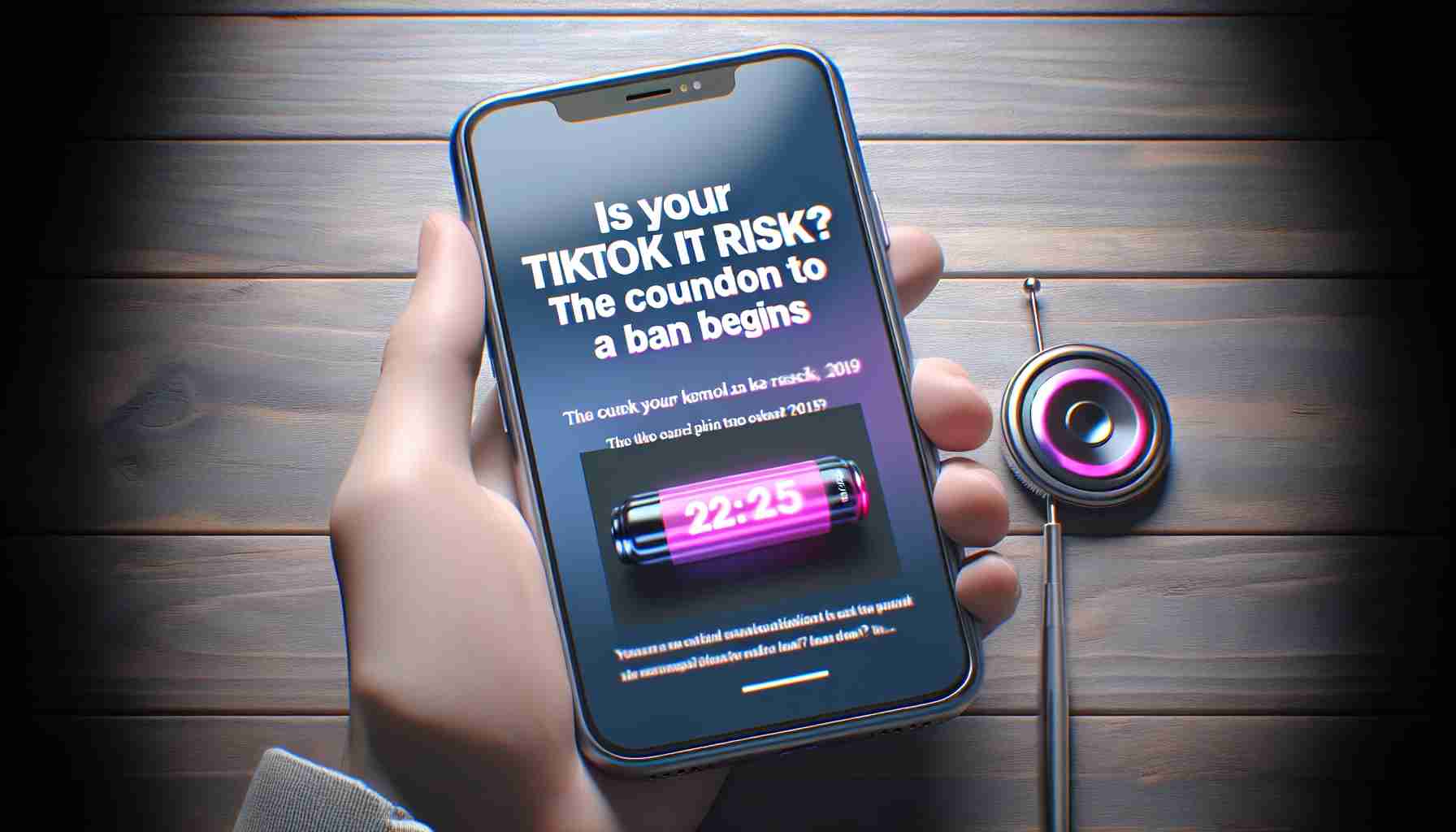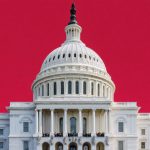
Is Your TikTok at Risk? The Countdown to a Ban Begins
With the deadline approaching, the future of TikTok in the U.S. hangs in the balance. Over 170 million American users may soon face significant changes or a complete shutdown of the popular app.
The U.S. Supreme Court is leaning toward supporting a ban on TikTok after hearing arguments from its parent company, ByteDance. This has sparked speculation about potential ownership changes, including talks of Elon Musk acquiring TikTok’s U.S. operations. Meanwhile, reports indicate that TikTok may cease operations in the U.S. as soon as Sunday, intensifying concerns about its fate.
The repercussions of a TikTok ban would be profound. Advocates assert that it would infringe upon users’ rights to express themselves freely and access vital information. In 2024, 52% of American TikTok users relied on the platform for news, showcasing its increasing importance beyond entertainment.
Experts warn that banning the app could expose users to greater security risks. Although illegal use of TikTok may not be enforced, those with the app already installed could become vulnerable to cyber threats as updates are halted.
Looking globally, a U.S. ban could set a concerning precedent, encouraging similar actions in other countries. Already, nations like India and Senegal have restricted TikTok, raising fears of increasing censorship and threats to digital freedoms worldwide.
In these rapidly evolving developments, the impact of a potential TikTok ban stretches far beyond just the app itself.
The Broader Implications of a TikTok Ban
The potential ban of TikTok in the U.S. raises significant concerns about freedom of speech and the evolving landscape of digital communication. With over 170 million American users, TikTok has become a vital platform for shared cultural expression, connecting users through trends, humor, and social activism. Should the app face restrictions or closure, the immediate loss of these avenues for connectivity could undermine the cultural fabric that thrives on participatory media.
Furthermore, a ban might have unforeseen consequences on the global economy. TikTok has generated thousands of jobs related to marketing, content creation, and technical support, contributing to local economies throughout the U.S. Reducing its presence could hinder innovation and stifle the growth of small businesses that have come to rely on TikTok for reaching new audiences. The ripple effects could destabilize sectors closely tied to influencer marketing and digital advertising.
On an environmental note, the app’s closure could slow the movement toward sustainable digital practices. As companies recognize the power of short-form video to disseminate ecological messages, cutting off platforms that highlight sustainability may stymie progress in this vital area.
Finally, in a world trending towards increasing digital protectionism, precedence set by the U.S. may lead other nations to enact similar measures. This could sow discontent globally, raising issues of censorship and digital rights that echo through future international relations.
The TikTok Dilemma: What Happens If the U.S. Bans the App?
Understanding the Situation
As the future of TikTok in the U.S. becomes increasingly uncertain, the implications of a potential ban extend far beyond mere entertainment. With over 170 million American users, a ban could have significant repercussions not only for individual users but also for the social media landscape and digital freedom at large.
Key Issues Surrounding a Potential Ban
1. User Rights and Freedom of Expression
Advocates and users alike warn that banning TikTok could infringe on essential rights, particularly the right to free speech. In a survey conducted in 2024, it was found that 52% of American TikTok users used the platform as a primary source for news. The withdrawal of such a major source of information may limit access to diverse viewpoints and impede the democratic flow of information.
2. Security Concerns
Experts caution that a ban isn’t just about removing an app; it may inadvertently expose users to even greater security risks. If TikTok ceases operations, security updates will also halt, potentially leaving existing users vulnerable to cyber threats. Additionally, as TikTok has been a platform for countless small businesses and freelancers, the disruption could have economic ripple effects, pushing these users to less secure platforms.
Implications for Global Policy
A U.S. ban on TikTok could set a troubling international precedent. Other countries might follow suit, citing similar security and privacy concerns. Countries like India have already implemented restrictions, raising alarms about the growing trend of censorship and challenges to digital freedoms worldwide.
Bans and Ownership Changes: The Current Landscape
The Supreme Court’s leaning toward a ban following arguments from TikTok’s parent company, ByteDance, is set amidst speculations about ownership changes. Business magnate Elon Musk’s rumored interest in acquiring TikTok’s U.S. operations has stirred discussions about the potential impact of such a transition on user trust and content governance.
What Could Happen Next?
3. Market Analysis and Predictions
The possibility of TikTok’s shutdown forces other social media platforms to reevaluate their strategies. Platforms such as Instagram, YouTube, and Snapchat may see a surge in user migration who seek similar features for content creation and sharing.
Use Cases and Alternatives
If TikTok were to be banned, users might gravitate towards alternative platforms that provide similar functionalities. Here are some popular alternatives:
– Instagram Reels: A great option for short-form videos where users can create engaging content.
– YouTube Shorts: Allows for creative video content with a potentially wider audience reach.
– Snapchat: Offers ephemeral content and engaging filters that rival TikTok’s creative tools.
Conclusion
The impending fate of TikTok in the U.S. stands as a pivotal moment, not only for users but for the broader digital ecosystem. Whether through bans, ownership changes, or user migration, the ripple effects will undoubtedly shape the future of social media, user rights, and security protocols on a global scale. Keeping an eye on these developments is essential for understanding where digital freedoms may head next and how they may affect millions of users.
For more detailed insights, visit TikTok.

















